One of the hardest aspects of an unexpected adverse patient outcome is the way it can remind us of how much we don’t know or control. Regardless of scientific progress, that aspect of our experience of the practice of medicine will never go away.
In a lovely essay published in 2017, Dr. Jack Coulehan explores this uncertainty by first citing the 19th-century poet, John Keats. Coulehan quotes: “At once it struck me what quality went to form a (person of achievement)... which Shakespeare possessed so enormously -- I mean Negative Capability, that is when a (person) is capable of being in uncertainties, mysteries, doubts, without any irritable searching after fact and reason.”
According to Coulehan, Keats’ phrase “Negative Capability,” describes a capacity to live with a mindset of openness and without preconceptions. And, guess what? Keats was first trained as a physician! Did you know that?? Me neither! Coulehan posits that the “ability to function imaginatively in the face of incomplete knowledge” is essential to the flowering of clinical judgment.
In other words, it is a strength for us physicians to be able to hover somewhere between knowing and not knowing and not mind too much. It keeps us in touch with reality, and humble, opening the door to experiences of awe.
When Things Go Wrong
Sometimes, however, our experience of not knowing becomes difficult, even traumatic for us. When a bad outcome surprises us -- in those times when we thought we knew what to expect only to discover we didn’t -- hovering between knowing and not knowing no longer feels awe-inspiring, it feels frightening.
We may engage in self-recrimination. We may suddenly find all the unknowns -- Keats’ “uncertainties, mysteries, doubts” -- intolerable. We are suddenly confronted anew with all the risk practicing medicine entails, and quite naturally, may want to turn and run.
Can we move beyond those bad feelings? We can. It often takes effort, but the result can be totally worth it. Inadequately addressed, this disorienting aspect of a painful patient outcome provokes a lasting loss of joy and flow in our work. That joy is worth recovering, if for no other reason than that your life is as inherently valuable as any other -- including your patient’s -- and deserves to be well-lived.
The path to rediscovering one’s capacity to comfortably “hover” between knowing and not knowing is as unique as each of us. Nonetheless, I want to suggest a few starting places to stimulate your work in that direction. Take any one of them and gently make it your own, then see where you go.
Three Ways to Recover
Challenge Your Perfectionism
As I’ve written before, I believe that medicine selects for perfectionists.
However, while it may get us into medical school and maybe even through residency, perfectionism will FAIL us when the messy realities of Life And The Practice Of Medicine come to call.
By definition, we humans are imperfect. We will not change that fact no matter how hard we try. Imperfection is the price of admission we pay in order to be a member of this species, the only one capable of healing our own members and of possessing the unique breed of compassion we humans call our own.
Embrace your humanity by forgiving your own failings. Maybe even seek out little opportunities to fail some more. Try a new sport, a new instrument, take up pottery. Preferable adopt something you anticipate won’t come too naturally.
Fail often! Rejoice when you do!
Learn to love it. Learn to love YOU.
Spend Time with Mystery-Dwellers
There is a breed of people who are aware of what they know and open regarding what they don’t. Some of them even work in healthcare.
The folks I have in mind are neither arrogant nor excessively self-deprecating and they do not exude an air of powerlessness. Rather, they are honest, and not the snarky kind.
They have found a way to peacefully and productively co-exist with the boundaries around their power to know and do. In the workplace and in life, they may be perceived as a source of tranquility.
Seek them out. Hang around them. Observe their mindset and let it rub off.
People who are comfortable with the many mysteries we do not understand frequently also have made room for failure and growth.
Find a Compassionate Listener
There is power in telling our stories and being heard. The key is to find the right person to tell it to.
And here’s a tip: it may not be the person you think it should be. You may think it should be your clergyperson. As a resident, you may think it should be your program director. As a married person, you may think it should be your spouse. Maybe it should. Maybe it shouldn’t.
I often tell people that if you try telling a painful story to one person, and they don’t respond in a helpful manner, the problem may lie with their capacity to hear it, not with you. They may also be having trouble hovering between the known and the unknown, the reliable and the unpredictable.
Sometimes the right person is someone with decades and decades of life experience. Sometimes it’s someone younger who simply has the right experience. Sometimes it’s someone removed from your workplace, like a psychologist, or someone removed from your everyday, like me.
Listen to your instincts, and if you try someone who cannot hear you, try again.
Hard outcomes can be a lonely experience. Companionship helps.
You may not believe it right now, but you deserve joy. Come and find it.




